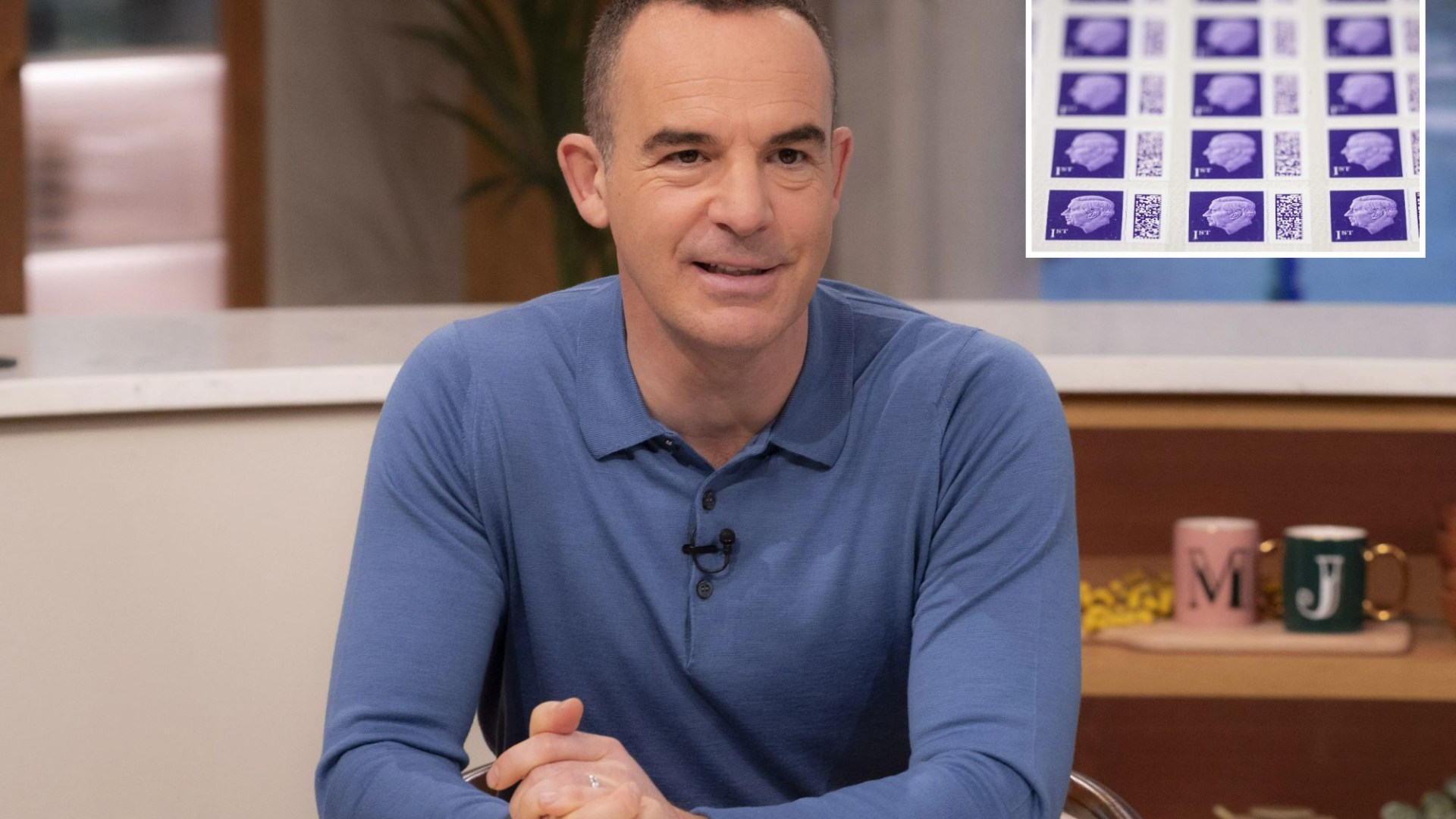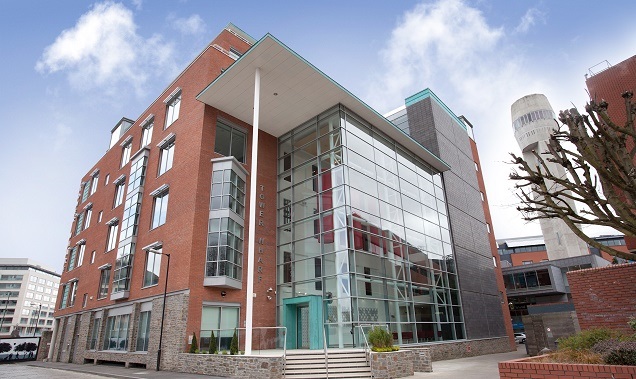Mark Zuckerberg’s effort to avoid being dragged into the political arena ahead of the upcoming US presidential election is leading to a fierce debate as to whether Meta’s billionaire chief is going too far to placate critics such as Donald Trump.
Zuckerberg has spent recent weeks on a public effort to show he is above the partisan fray ahead of November’s poll, saying he had made the “political miscalculation” since 2016 of taking the blame on issues for which Facebook and Instagram were not responsible.
Election experts, civic integrity groups and former staffers told the Financial Times they were concerned Meta had rolled back certain election safety initiatives across the social network since 2020, while Zuckerberg last year embarked on a “year of efficiency”, cutting thousands of jobs at the platform under pressure from disgruntled investors to rein in costs.
“I think it’s a low-key national emergency,” said one former elections staffer at Meta, who questioned whether the company had the “institutional capacity” to respond to major election threats.
Several people familiar with Zuckerberg’s thinking have said he is motivated by a desire to distance Meta from politics to focus on his artificial intelligence and metaverse ambitions, noting that since 2020 the company has sought to reduce the amount of political content served by its algorithms.
Meanwhile, the focus on efficiency and AI has helped boost Meta’s share price, which has risen 68 per cent this year to all-time highs, giving the company a market capitalisation of nearly $1.5tn. Zuckerberg’s net worth reached $200bn for the first time on Thursday, according to the Forbes Billionaires List.
Nick Clegg, the former UK deputy prime minister who heads Meta’s global affairs, now makes the majority of decisions on election policy, one person says.
“[Mark] keeps trying to make people happy so they leave him alone and it’s just not going to happen,” said Katie Harbath, a former policy director who worked on Meta’s elections strategy for a decade. “On the one hand he’s right, he’s been blamed for stuff that wasn’t his fault. On the other hand, if you want to have an impact it comes with messiness.”
Zuckerberg’s new approach comes after years of scrambling to contain criticism from politicians and the public over Meta’s impact on society, and to navigate internal and external battles over how the platform should treat elections and candidates.
In a letter to the Republican-led House judiciary committee in August, Zuckerberg accused the Biden administration in 2021 of repeatedly pressuring Meta to “censor” certain Covid-19 content during the pandemic. He said he was “ready to push back if something like this happens again”.
Zuckerberg has insisted he aims to be politically “neutral” in this election cycle and “not play a role one way or another — or to even appear to be playing a role”.
Critics say this messaging appears designed to placate Trump, noting that the Republican presidential candidate has repeatedly railed against — and even threatened to jail — the Big Tech chief.
“This is more of a shift in his political calculation on the balance of power in Washington and who he has to appease, rather than any underlying reality,” said the former elections staffer.
Another former employee who had worked on Covid efforts said many who had been on the team at the time felt like the letter was “a slap in the face”, given they were trying to save lives in unprecedented circumstances.
Others argue Meta has pulled back from some of its misinformation efforts and reduced transparency, citing its decision to allow ads denying the result of the 2020 election and its shuttering in August of CrowdTangle, a tool long used by researchers to analyse the spread of content on the platform.
One report by media non-profit Free Press found Meta was one of the worst social media offenders when it came to backsliding on policies it had in place for the 2022 midterm elections and cutting jobs relative to the size of the company, second only to Elon Musk’s X.
Ed Bice, chief executive of non-profit Meedan, which builds digital literacy tools and provides some services to Meta’s WhatsApp, said Meta was no longer supporting “large-scale collaborative misinformation monitoring and response programs this year,” instead focusing on less expansive “artificial intelligence”-driven trust and safety work.
“The very clear, present and reasonable concern is that we will have a disputed election . . . and the fact that we don’t have a co-ordinated effort looking out across the information landscape investigating and responding to those reports,” said Bice. Meta was among the platforms used to spread widely debunked stories that Haitian immigrants in Ohio were eating residents’ pets.
A Meta spokesperson said in a statement: “These are manufactured criticisms. Helping protect the US 2024 election online remains one of our top priorities, and we have around 40,000 people globally working on safety and security — more than we had during the 2020 cycle. Our integrity efforts continue to lead the industry.”
The platform will run its Election Operations Center during the November vote to address potential abuse in real time, and also has an independent fact-checking programme as part of its efforts to tackle viral misinformation.
Arie Perliger, professor in security studies at the University of Massachusetts Lowell, noted the platform had been largely successful in purging extremist groups in recent years. Meta last month banned Russia’s Rossiya Segodnya, or RT, from its apps “for foreign interference activity” shortly after the US government indicted two employees of the state-backed media group for their alleged involvement in a disinformation campaign.
Zuckerberg was sucked into partisan politics in the wake of the 2016 election after it emerged a Russian troll farm had used the platform for a pro-Trump disinformation campaign. He bolstered investment into election security going into the 2020 election and invested $400mn to support electoral infrastructure via the Chan Zuckerberg Initiative, his philanthropic group.
However, Meta was blamed by the left for playing a role in the violent uprising of the January 6 Capitol riots in 2021, accused of allowing the narrative that the election was stolen to rapidly spread across the platform.
From the right, he faced increasing allegations the company was staffed by liberals and deliberately censoring conservatives. His Chan Zuckerberg investment was interpreted as a ploy by some Republicans to boost the Democratic vote, earning the donations the nickname “Zuckerbucks”. A bipartisan government commission later reviewed the donations and concluded unanimously that they were apolitical.
This election cycle, Trump has loudly lambasted Zuckerberg, warning in July that if re-elected president he would “pursue Election Fraudsters” and send them to “prison for long periods of time”, before adding: “We already know who you are. DON’T DO IT! ZUCKERBUCKS, be careful!”
Separately, days later, Meta announced it was lifting the remaining restrictions left on Trump’s Meta accounts following his suspension from the platform, adding that they had been a “response to extreme and extraordinary circumstances”.
Zuckerberg also publicly described Trump as a “badass” for his reaction to an assassination attempt and called him to apologise after the platform mistakenly took down photos of the attack.
Trump said in a television interview that Zuckerberg had told him on the call he would not endorse a Democrat out of respect for him. Meta said the founder was already going to refrain from endorsing a candidate.
Zuckerberg is no longer flanked by Sheryl Sandberg, Meta’s former chief operating officer and a longtime Democrat who was for years the political face of the company. Brian Rice, a former legislative assistant to Democratic senator John Kerry, is among those handling relationships with the left, while Joel Kaplan, a prominent conservative known for overseeing its relationships with Republicans, remains Meta’s vice-president of global policy.
Some suggest Zuckerberg has been emboldened by X’s Musk.
“With Elon Musk coming and literally saying ‘fuck you’ to people who think he shouldn’t run Twitter the way he has, he is dramatically lowering the bar for what is acceptable behaviour for a social media platform,” said David Evan Harris, the Chancellor’s public scholar at California University, Berkeley and a former Meta staffer. “He gives Mark Zuckerberg a lot of permission and leeway to be defiant.”









































































































































You must be logged in to post a comment Login